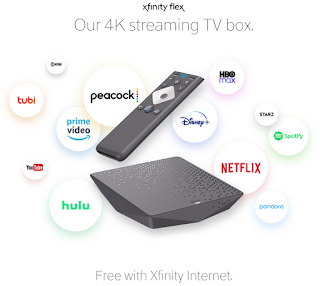That's a trick question. Because I don't have a live streaming service. That means my favorite is none.
Well, sometimes it's none. Other times it's not. So why is that?
I don't watch TV the same way year-round. And you probably don't either. I mean, think about it. Do you watch TV in December the same way you watch TV in May? Or July?
In December, I'm more likely to be in a situation where the TV is on and Hallmark Christmas movies are playing. But not so much in July. Plus, I watch college football, so my TV viewing during the fall and winter months isn't the same as in spring and summer.
The point is that I don't watch TV the same year-round. And, as a result, I don't need the same TV setup year-round.
With me, the only live streaming I really care about is college football. With you, it may be something else. But with me, from early September until early January, I subscribe to a live streaming service that gets me college football. Then I cancel, because I don't need it the rest of the year. I don't need it, so I don't pay for it.
Maybe you could save some money by not subscribing to a service you don't need. Do you need Netflix year-round? Could you get by subscribing for a month, canceling for a month, subscribing for a month, canceling for a month, and so on? If so, you just cut your Netflix bill in half. Let that sink in.
The point is that I don't watch TV the same year-round, so no one way works for me year-round. I certainly don't have a live streaming service year-round. So, to answer the original question of which is my favorite live streaming service? The answer is none. Because I don't need nor do I want a year-round live streaming service in my Streaming Life.







